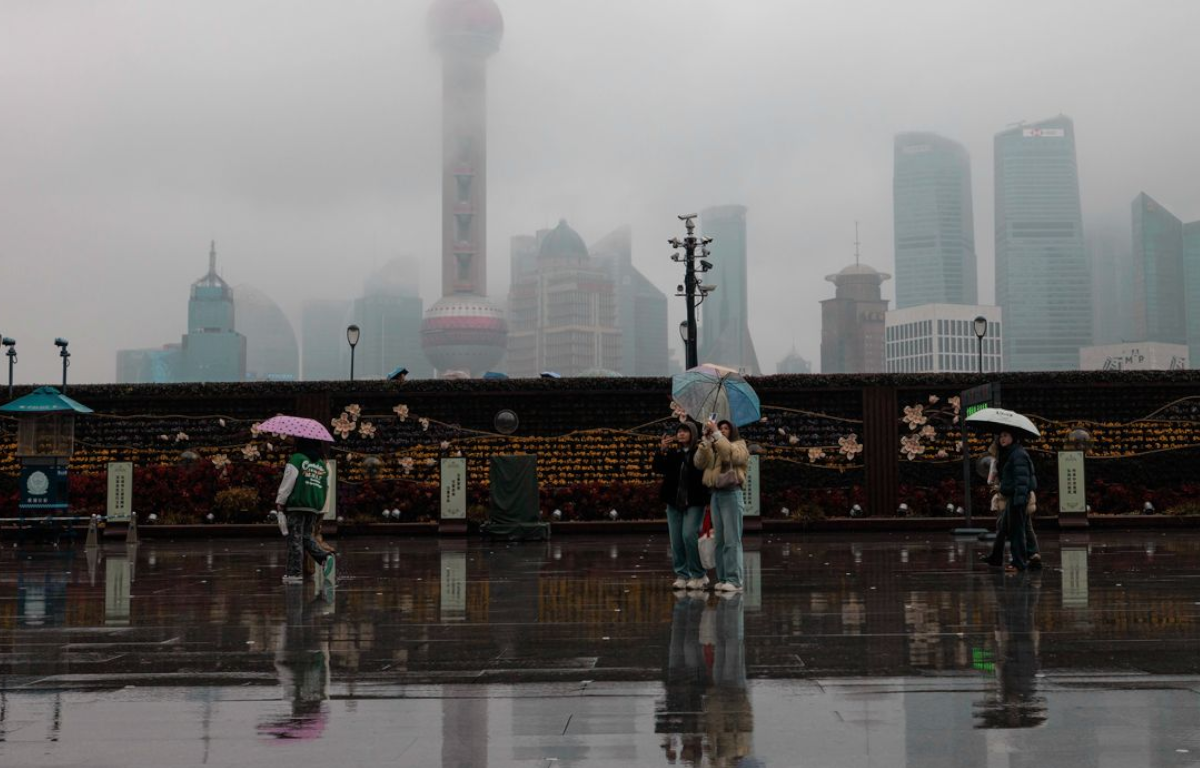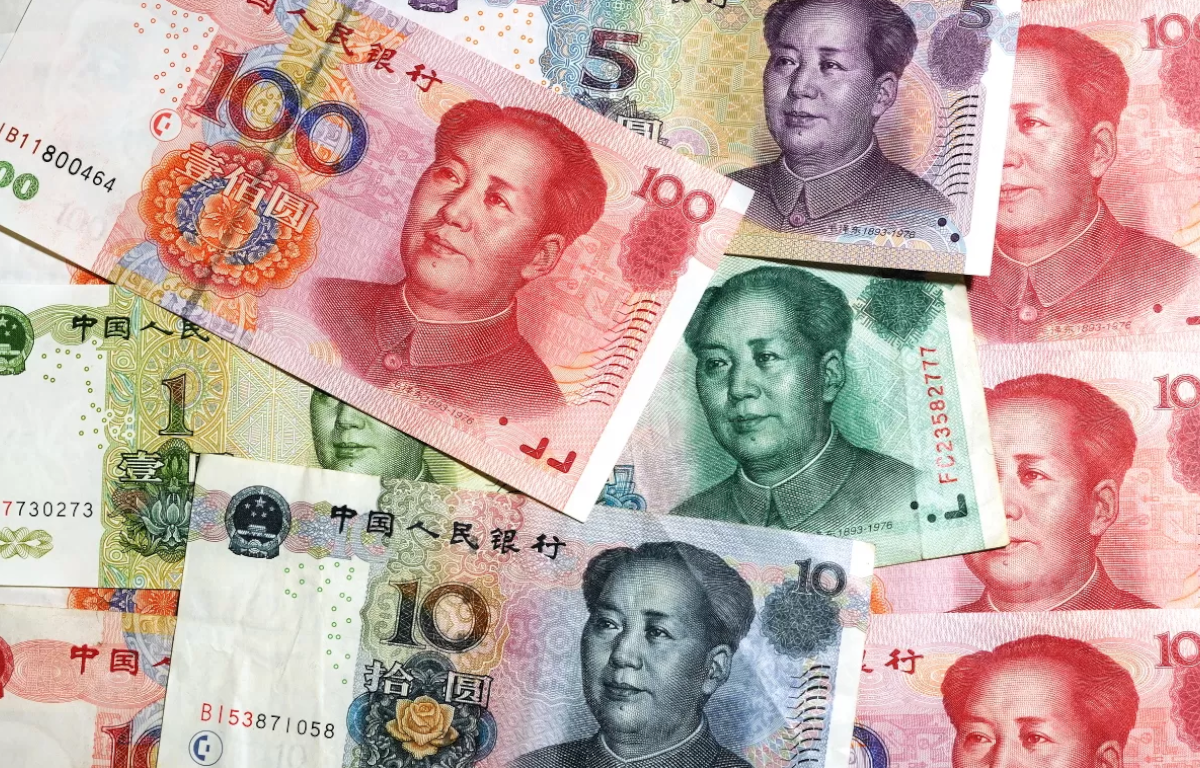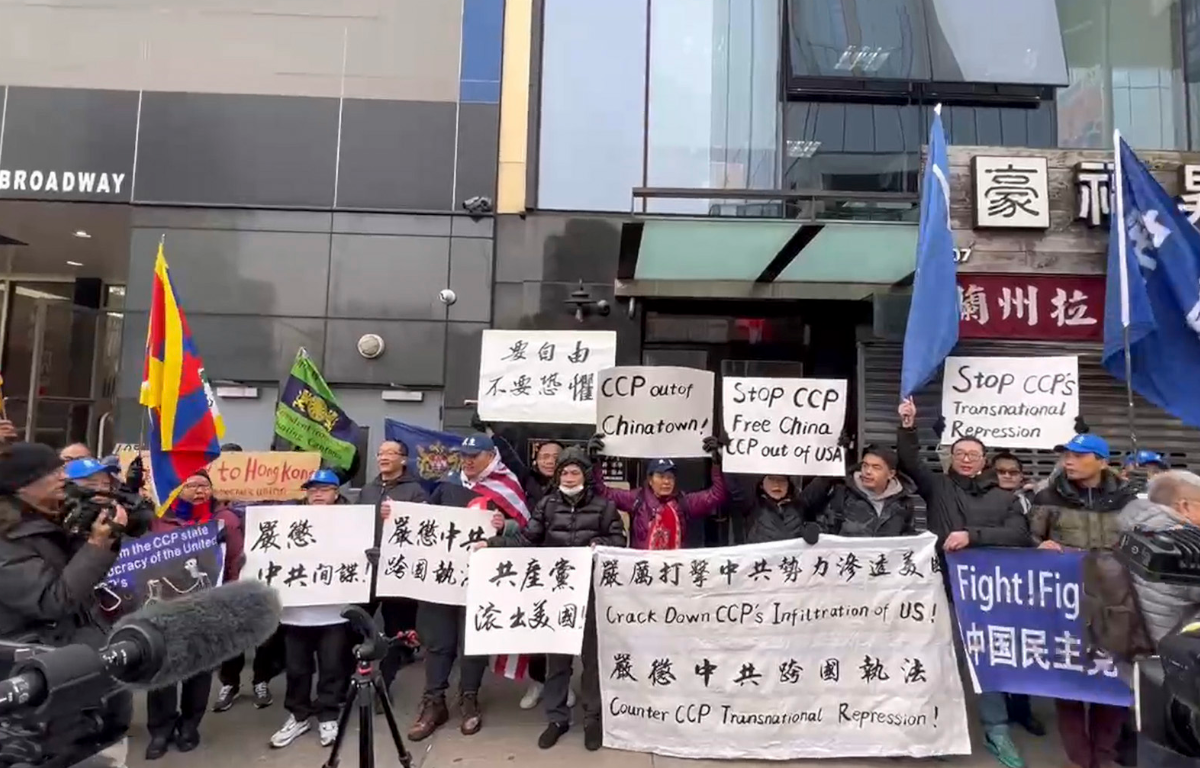
Qin Gang, a seasoned diplomat known for his staunch defense of China’s foreign policy, suddenly disappeared from public view, leaving many baffled and concerned. As China’s Foreign Minister, his sudden absence has sparked speculation about the reasons behind it. Some observers suspect internal power struggles or ideological differences within the Chinese Communist Party, while others question whether he may have fallen out of favor with the top leadership.
The enigmatic case of Qin Gang is not an isolated incident. In recent years, China has witnessed a troubling pattern of high-profile officials “disappearing” from public view, only to reappear after an extended period, often with little to no explanation. This phenomenon is known as “Shuanggui” in Chinese, an extralegal detention system used within the Communist Party to investigate and punish party members suspected of corruption or disloyalty. Despite being officially banned, the Shuanggui system operates in a shadowy and opaque manner, raising concerns about the rule of law and human rights in China.
The disappearance of high-ranking officials like Qin Gang casts a cloud of uncertainty over China’s political landscape. The lack of transparency surrounding these incidents fuels speculations about internal power struggles, factional infighting, and potential political purges within the ruling party. Such uncertainties can create instability and erode public trust in the government, potentially impacting China’s domestic and foreign policy decisions.
Beyond its domestic repercussions, the “disappearance” of China’s Foreign Minister has significant implications for international relations. As the face of China’s diplomacy, Qin Gang played a pivotal role in representing China on the global stage. His absence leaves a void in crucial diplomatic engagements, raising concerns about the continuity and consistency of China’s foreign policy initiatives. Furthermore, the lack of transparency surrounding his disappearance may strain China’s relationships with other nations and could lead to further scrutiny of China’s human rights practices and commitment to the rule of law.
The case of Qin Gang highlights the delicate balance China faces between maintaining its sovereignty and adhering to international expectations of transparency and accountability. As an emerging global power, China is under increasing scrutiny to uphold human rights, democratic principles, and the rule of law. How China handles the issue of “disappearances” and provides explanations for such incidents will be closely monitored by the international community, shaping perceptions of the country’s commitment to global norms and values.
The disappearance of Qin Gang, China’s Foreign Minister, is part of a concerning trend of high-profile “disappearances” that have raised questions about China’s political landscape and the transparency of its government. As the world watches closely, the Chinese government faces the challenge of addressing concerns about transparency and accountability while preserving its sovereignty and domestic stability. The way these cases are handled will undoubtedly have significant implications for China’s standing on the global stage and its relations with the international community.










Share this: